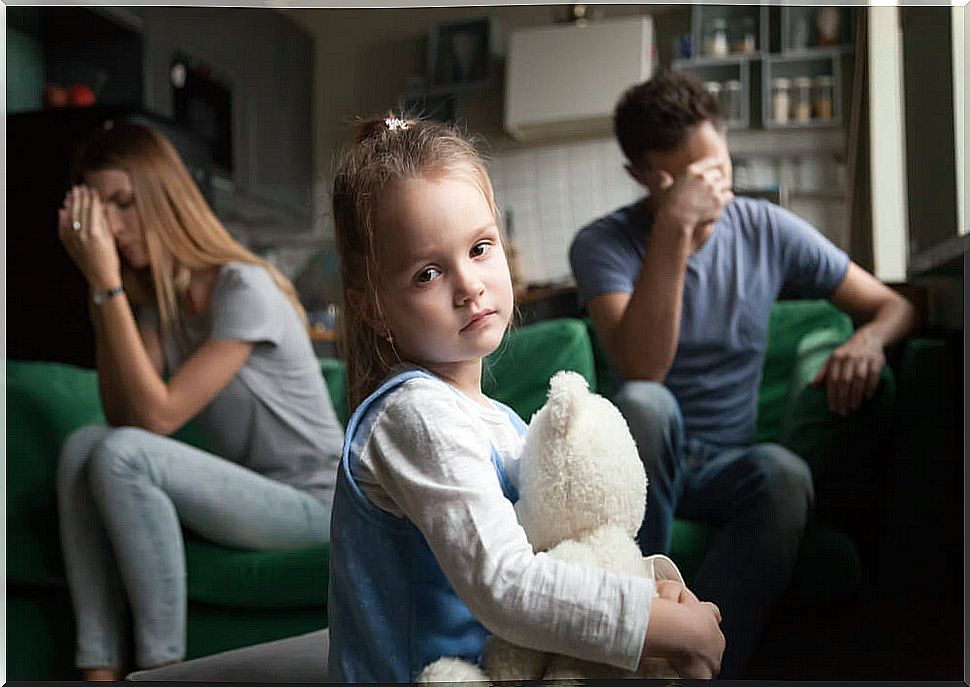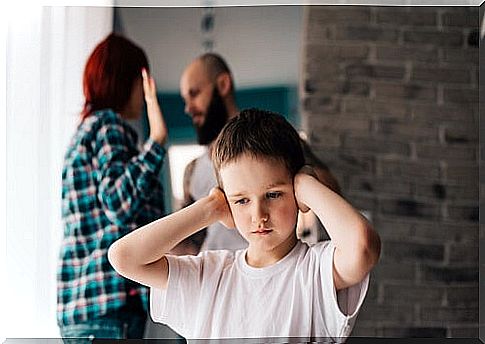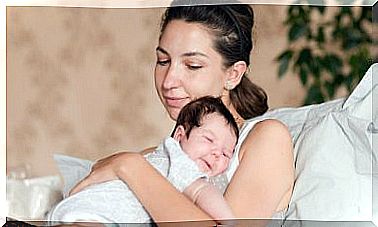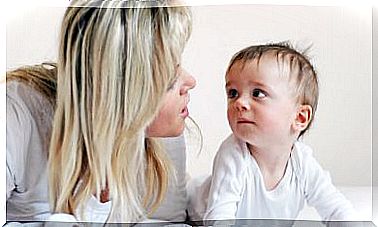Legal Aspects To Know Before Divorce

Divorce is the legal process of dissolution of the marital bond and can be requested by one or both spouses. In Spain, the Constitution allows the marriage to be dissolved if one of the two spouses so requests. There are different types of divorce depending on the circumstances, but in general, this process is often difficult to handle.
The breakup of the couple, generally, generates tensions and arguments, and agreeing on the practical aspects can be very difficult . It is best to try to reach an agreement, especially when the couple has common children.
If there is no agreement, you can go to court so that it is the one who determines the conditions of custody and custody of the minors, and resolves property issues.
When you decide to go through a divorce process, many doubts often arise about what to do. It is a complicated situation from an emotional point of view and, between sadness and anger, we do not always know who to turn to or how to act.
We must not forget that the decisions we make in this process can seriously affect our financial, family and emotional situation. Next, we will look at some legal aspects to consider before a divorce.

What should be done before a divorce?
In case a couple has decided to divorce, the first recommendation is to try to handle the divorce in the best possible way. This is equivalent to trying to establish minimum consensus regarding the legal separation process itself. This will facilitate the process, make it more agile and make everything easier for the children.
While the process lasts, it is important that the spouses maintain clear communication, mainly in aspects related to the children.
For example, it is necessary to inform the ex-partner if you are going to take the children on a trip, for how long and where they will be. Otherwise, this lack of information can lead to a child abduction charge and be very disruptive in the divorce process.
It is also advisable to make a statement and inventory of goods and assets. Indeed, financial deception can delay the process and even be the cause of annulment of the divorce. In civil law it is important to collaborate with the authorities and demonstrate at all times the good faith of the actions. This will generate advantages and benefits.
Finally, the advice of a lawyer specialized in the subject will be of great help. It is essential to have a professional by our side who is in charge of defending our rights and ensuring our well-being. His advice will prevent us from doing crazy things in times of despair.
What not to do in a divorce
During a divorce process, it is not advisable to make plans to seek employment abroad or move to another city. These plans could affect the decision of the judge, mainly regarding the custody of our children.
It is also not advisable to donate goods to family or friends. This could be considered as a desire to hide assets from the spouse and be detrimental in the decisions regarding the property division and alimony.

Similarly, the visitation or custody regime must not be violated for any reason. This would lead to problems in obtaining the custody and visitation rights you seek. Finally, it is important not to try to blame the other party, which would cause new conflicts and lengthen the divorce process.
Who stays in the family home?
Unless there is an agreement between the parties approved by the Judge on who will keep the use of the family home after the divorce, it belongs, first, to the children. And, by extension, the spouse who stays with them. This occurs even when the home is the sole property of the departing spouse.
If some children stay with one of the spouses and others with the other, the Judge will decide what he deems appropriate. If the judge determines joint custody, the use of the family home will fall to the spouse who needs it most due to their economic or health situation.
This judicial intervention will take place, logically, as long as there is no agreement between the parents or spouses. In practice, the agreement between the parties avoids many problems and unwanted situations.










